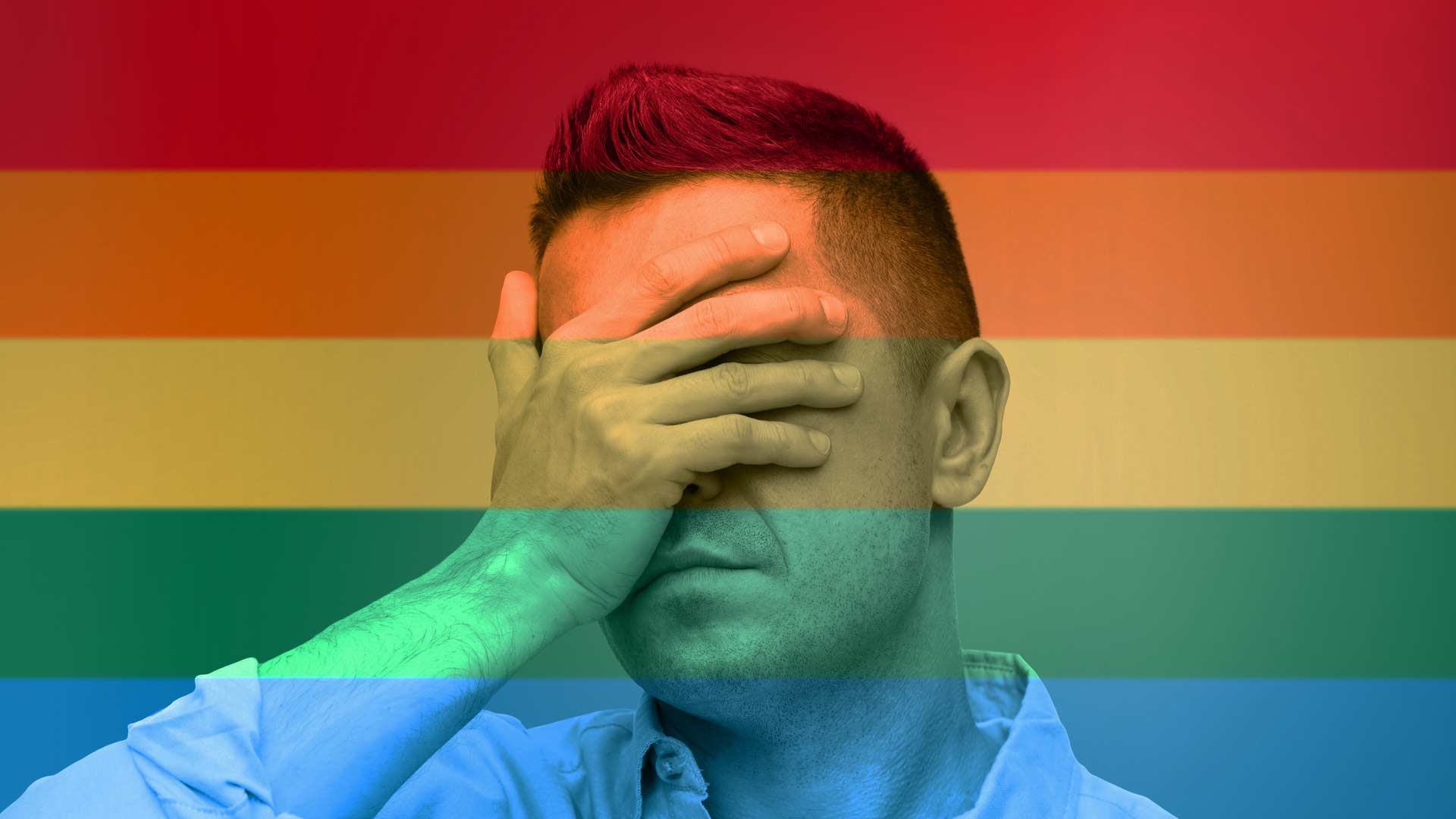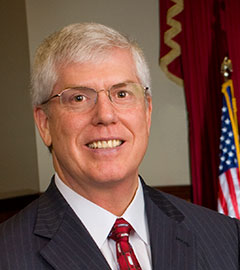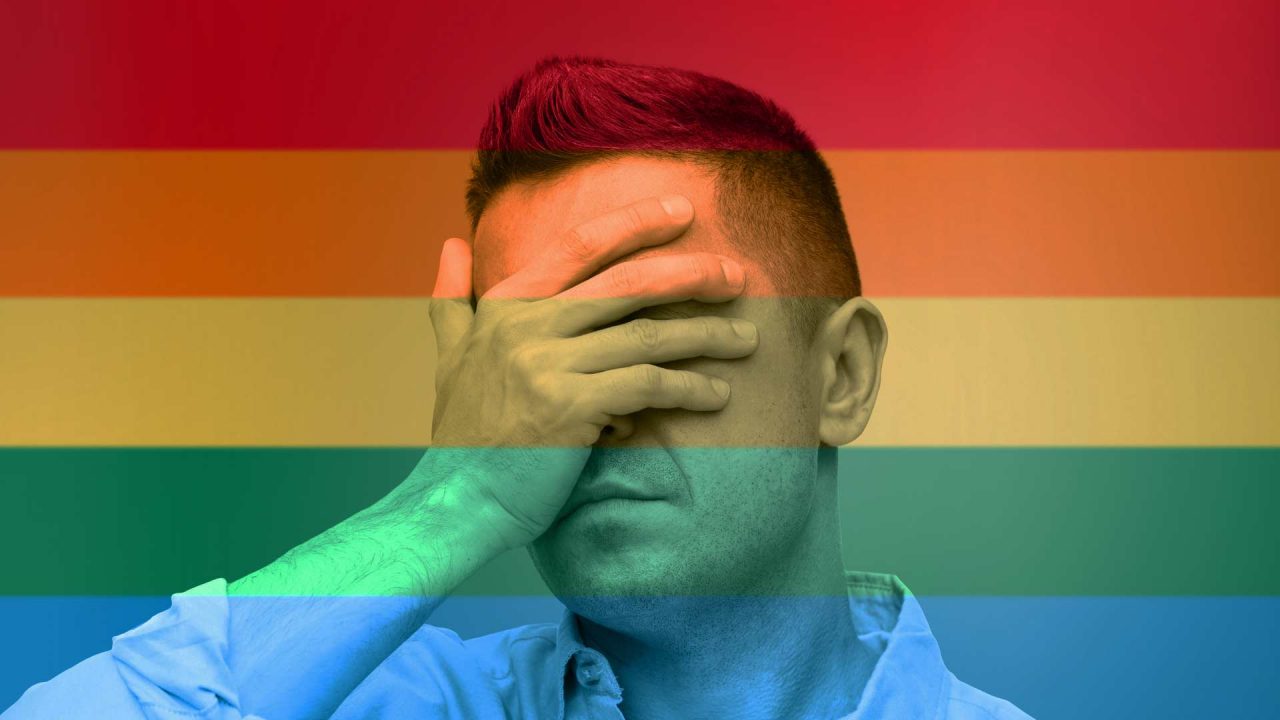
Last week, the 11th Circuit struck down a South Florida ban against counseling that help youth overcome unwanted same-sex attraction or gender confusion. The court ruled that the constitutionally guaranteed free speech rights of counselors were violated. The Florida law is very similar to one passed in August by the Anchorage Assembly.
With the 11th Circuit’s ruling, there is now a split in the nation’s circuit courts as to whether bans against LGBTQ counseling are constitutional. Both the Ninth and Third Circuit courts have upheld bans. In such cases, the U.S. Supreme Court typically weighs in to resolve the conflict.
If the Supreme Court takes up the issue, it could strike the Anchorage law as unconstitutional.
Liberty Council, a national group which offers legal services to defend First Amendment violations, argued against the Florida law. Earlier this summer one of the organization’s attorney’s warned Anchorage Assembly members that its counseling ban violated free speech.

Liberty Council Founder and Chairman Matt Staver told the Watchman that the Florida would not automatically abolish the Anchorage law but that “the writing is on the wall.”
He said the U.S. Supreme court has already struck down a similar violation of free speech in 2018 when it ruled that California could not require pro-life pregnancy centers to refer clients for abortions.
“They said there is no such category as professional speech that receives less constitutional protections, and we’re not going to create one,” Staver said. “It’s just a matter of time before we get all of these laws struck down around the country. That’s why I say it’s the beginning of the end for these unconstitutional laws.”
The Florida ruling effectively strikes down similar bans in Alabama and Georgia.
Like Anchorage, the 2017 Florida law in Palm Beach County made it illegal for counselors to provide services to minors – including simple discussions – that help them deal with unwanted same-sex attraction or to overcome gender identity disorders. Both the Anchorage and Florida laws do not, however, ban or limit counselors and therapists from encouraging minors to undergo permanent surgeries or take powerful cross-sex chemicals and puberty blockers which can mutilate or sterilize a young person for life.
In Anchorage, the only permitted forms of therapy are approaches which promote the LGBTQ lifestyle and assist youth in their desire to “transition” from their biological sex to some other self-determined identity. On the flip side, however, counselors cannot even discuss ways for youth to overcome unwanted same-sex attraction.
The smartest thing for Anchorage to do is repeal it before they have to pay a half-a-million dollars in attorney’s fees.
Matt Staver, Liberty Council founder
In the Florida case, Judge Britt Grant wrote that banning therapists from talking to clients about unwanted same-sex attraction or gender confusion is a direct assault on free speech.
“If speaking to clients is not speech, the world is truly upside down,” Grant noted. “These ordinances sanction speech directly, not incidentally.”
Grant wrote, “If the speech restrictions in these ordinances can stand, then so can their inverse. Local communities could prevent therapists from validating a client’s same-sex attractions if the city council deemed that message harmful.”
While the Anchorage Assembly was warned that its law, which passed 9-2, would likely end up in court, that had little effect on the sponsors. The law was spearheaded by the three openly gay members of the Assembly – Christopher Constant, Austin Quinn-Davidson and Felix Rivera. They were joined by six other members with only Assemblywomen Jamie Allard and Crystal Kennedy opposed.
ALASKA WATCHMAN DIRECT TO YOUR INBOX
Local attorney Mario Bird told the Assembly that the law would certainly be challenged in court for violating religious liberties and free speech. He noted the city does not have a good record when it comes to winning these cases, and that Anchorage residents would ultimately have to foot the legal bill.
Staver expects that the U.S. Supreme Court will make a final ruling on all such laws.
“Typically, a case like this would go to the Supreme Court and the Supreme Court would accept review and resolve the conflict,” he said, adding that Anchorage will “end up regretting” its decision.
“The smartest thing for Anchorage to do is repeal it before they have to pay a half-a-million dollars in attorney’s fees,” Staver said.








6 Comments
Gotta love it. The devil has really gotten ahold of our system. I hope god torches it all. Sodom and ghomora 2020. Lord Jesus get the children away from these demons and then burn anchorage and every other pro LGBTQ community completely to the ground. Sincerely (a retired US MARINE)
I pray God’s hand be upon all this garbage that is contrary to God’s ordained purposes of male & female; that political correctness would fall apart as common sense people start speaking out against the garbage they are trying to lay on us & our children to stand right before God in our speech & actions. Don’t force your anti God stuff on we who love & honour Christ Jesus as Lord.
There has got to be a way to block in Municipality Funds being used on defending this monstrosity of a Bill. We the People did not want his and therefore we the people should not have to pay for the votes of only 9 people when the majority of Anchorage Residents did not wan this to pass.
Whatever happened to doctor/patient rights? I cannot imagine a surgeon being told, by the city council, that he could not use a certain type of scalpel. When did the city council become expert in medical decisions? The state licensing boards enforce safety and standard of care…,,they have the ability to revoke licenses if a practitioner is not practicing within the standard of their particular profession. The city council should stick with what is their field of expertise….insuring the care of and securing the rights of, the people of the city of Anchorage…..
How is this not obvious from the beginning? (Hint: Rhetorical question). I respect anyone struggling with an unnatural desire, recognizing and confessing it for what it is worthy of compassion – not aiding them to indulge. If they wish to fight it, a good fight, who is ANYONE to say ‘they can’t’? Duh?
All things LGBTQWXYZ are modeled after the nature of their decided unnatural desires. If they don’t get what they want, take it by force. Just like at the gate of Sodom’, to have their way with Abraham and his ‘guests’, even rejecting an offering of Lots own daughters (horrid enough by itself). In the end, it didn’t end well for the city.
Who will we end up being? Sodom or Ninevah?
I personally think they should fight to the bitter end to preserver that law. You see, they spend money on whatever they want with total disregard to the citizens, whose money it is in the first place. They act with reckless abandon, and yes… I know it’s crass… but one could describe their action as a certain sex act that they do to garner the unwavering support of those organizations and groups whose sole purpose is to destroy the family: gay activist organizations, sex-change doctors, and most importantly, the blessed PPOA. So, yes… please! PLEASE! Waste money and time fighting this battle. It will make the case against you all that much more easy to win.